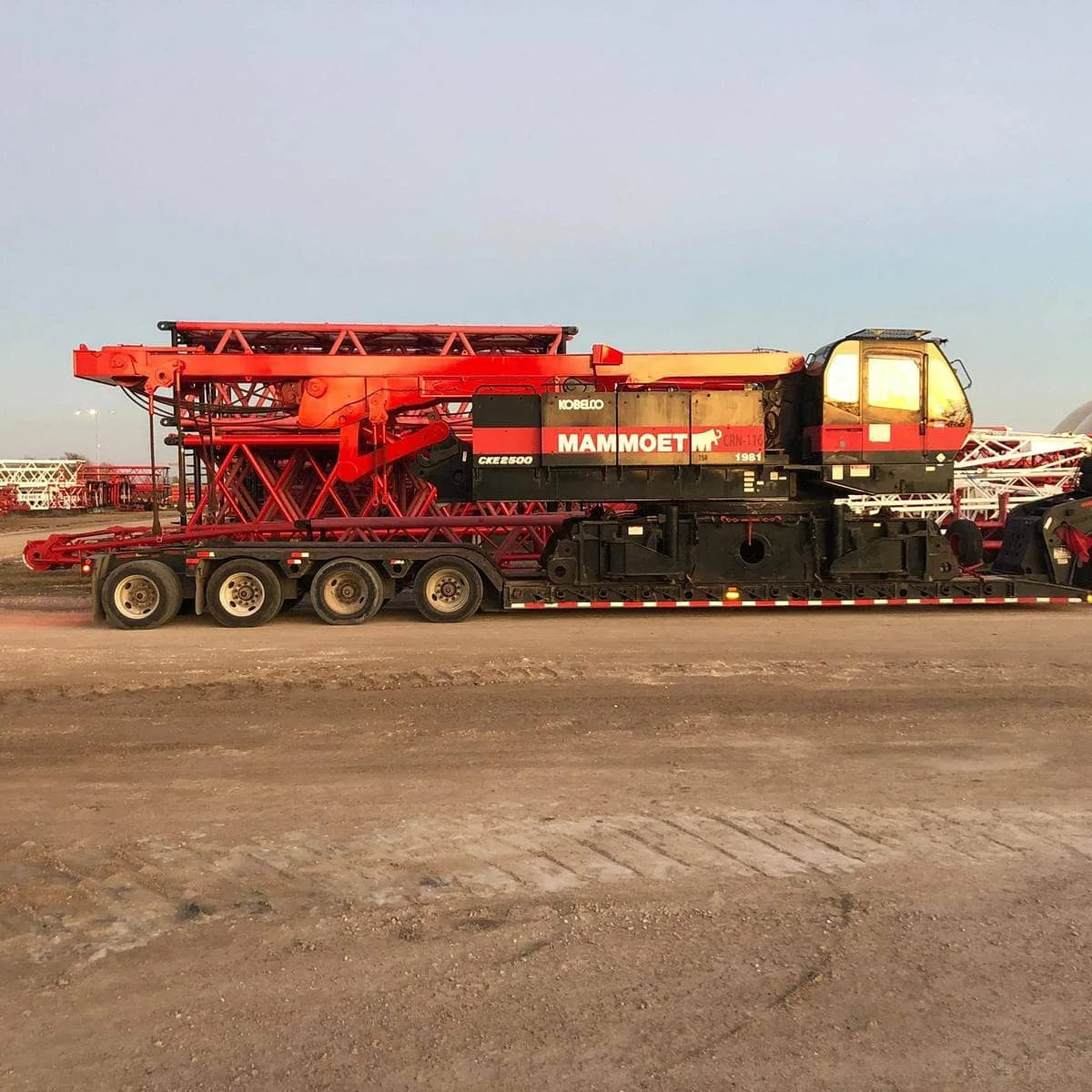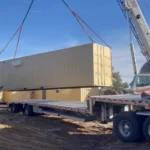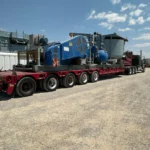Houston is one of the busiest logistics hubs in the United States, with its strong energy sector, global trade connections, and expanding industrial economy. Businesses often need reliable freight brokers in Houston to handle transportation challenges, from heavy haul shipments to time-sensitive freight. But with so many choices, how do you pick the right partner?
This guide explains what to look for when choosing a freight broker, why experience in the Houston market matters, and how working with the right company can improve efficiency, reduce risks, and save costs.
For a full breakdown of the Houston freight market, see our Ultimate Guide to Freight Brokerage Services in Houston.
What Do Freight Brokers in Houston Actually Do?
A freight broker acts as the middle point between shippers and carriers, ensuring that freight moves smoothly and cost-effectively. If you’ve ever wondered What Does a Freight Broker Do, the answer is more than just arranging trucks.
They handle:
Carrier vetting and compliance checks
Route planning for oversize and overweight loads
Negotiating rates with trucking companies
Coordinating documentation and permits
Providing real-time shipment updates
Houston’s mix of energy equipment, construction materials, and heavy machinery means freight brokers need expertise in specialized transport and heavy equipment hauling.
Why Experience in Houston’s Logistics Market Matters
Not all freight brokers understand the complexities of Houston’s infrastructure. From navigating port operations to managing highway restrictions for oversize & overweight transport, local expertise is invaluable.
Working with experienced freight brokers in Houston ensures:
Access to vetted carriers who specialize in the Gulf Coast region
Knowledge of local DOT regulations
Ability to arrange heavy hauling for oilfield or construction equipment
Customized solutions for trailer transport and time-critical shipments
If your business values local expertise, see our insights on the Benefits of Using a Local Freight Broker
Key Factors to Consider When Choosing a Freight Broker
1. Licensing and Compliance
A reliable broker must be licensed with the FMCSA and carry adequate insurance. This protects shippers from liability and ensures compliance with federal laws.
2. Industry Specialization
If you’re moving heavy equipment, make sure the broker specializes in Heavy Equipment Transport. For modular or extra-wide loads, look for experience with Oversize & Overweight shipments.
3. Carrier Network and Technology
Top brokers use modern platforms for real-time tracking, rate optimization, and automated document management.
4. Customer Service and Communication
The best freight brokers in Houston provide 24/7 communication and personalized support. Poor communication can lead to costly delays.
5. Reputation and Reviews
Always check testimonials, industry ratings, and references. Houston businesses often rely on word-of-mouth when choosing a trusted freight partner.

Freight Brokers vs. Freight Forwarders in Houston
It’s common to confuse brokers and forwarders. A freight broker arranges transport between shippers and carriers, while a freight forwarder takes possession of goods, handling storage and sometimes customs.
If you’re deciding between the two, read our guide on Freight Brokerage vs Freight Forwarding in Houston.
Specialized Freight Needs in Houston
Different industries require different solutions. Houston’s freight demand often includes:
Oil & Gas Equipment: Requires specialized transport and route planning.
Construction Machinery: Moved with heavy hauling.
Manufacturing & Industrial Shipments: Often handled through freight shipping.
Trailers & Modular Units: Managed by trailer transport.
The right broker should already have carrier relationships that match these needs.
Cost Considerations When Hiring Freight Brokers in Houston
Choosing the cheapest broker is not always the best decision. Rates depend on:
Shipment weight and dimensions
Distance and delivery timelines
Trailer type (flatbed, step-deck, lowboy)
Oversize permit requirements
Want to learn more about pricing strategies? Explore our post on Top Rated Freight Brokerage Firms in Houston for Heavy Haul Shipments.
How to Build Long-Term Relationships With Freight Brokers
A one-time broker relationship may help in the short term, but long-term partnerships build trust and consistency. Look for brokers who:
Provide transparent billing
Offer capacity during peak demand
Understand your industry-specific needs
Businesses that build strong relationships with freight brokers in Houston reduce risks and enjoy better service reliability.
When Should You Hire a Freight Broker?
If you’re shipping oversized loads, managing multiple routes, or dealing with fluctuating freight markets, it’s time to hire a freight broker in Houston.
This decision helps companies scale operations, improve delivery times, and focus on core business activities instead of managing logistics internally.
Conclusion: Making the Right Choice
The Houston freight market is complex, but with the right partner, your logistics operations can run smoothly. The best freight brokers in Houston bring together expertise, local knowledge, and a strong carrier network to ensure success.
If you’re looking for a trusted freight partner, start with Freight Guru. We specialize in heavy hauling, oversize loads, and specialized transport, helping businesses ship smarter.
👉 Ready to simplify your logistics? Contact Us today for a consultation.
FAQs About Freight Brokers in Houston
Industries like oil & gas, construction, and manufacturing depend heavily on freight brokers for equipment and material transport.
They negotiate competitive carrier rates, optimize routes, and reduce risks of compliance issues.
A broker arranges transportation while a forwarder handles storage and sometimes customs. It depends on your needs.
Yes. Brokers must be licensed by the FMCSA and maintain a surety bond.
Look for licensing, experience with your industry, strong carrier relationships, and positive customer reviews.





